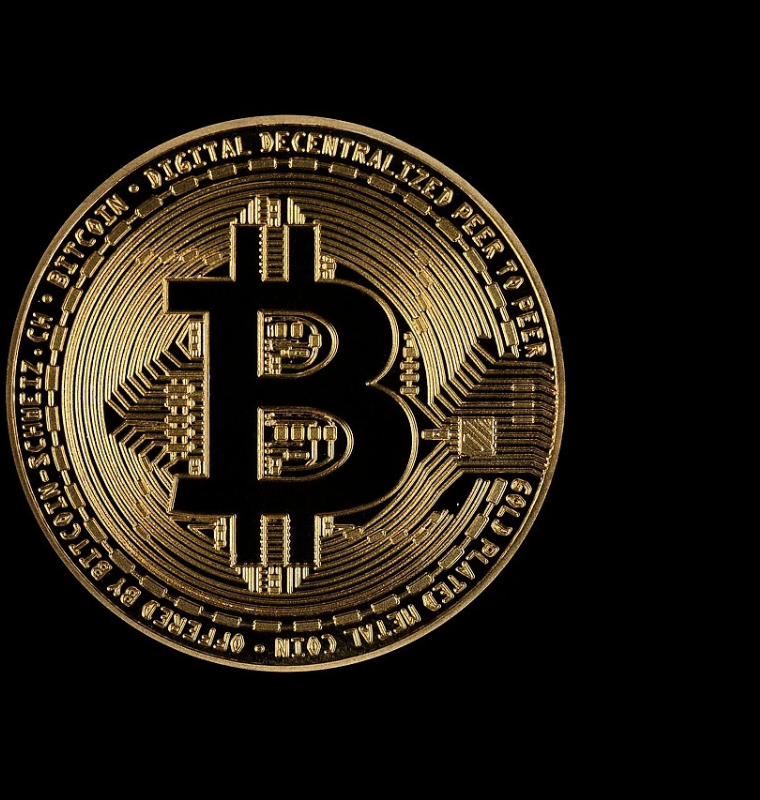Wall Street Groups Push Back in Washington as Crypto Influence Grows
Wall Street Groups Push Back in Washington as Crypto Influence Grows
By
Junia Wells
Last updated:
August 25, 2025
First Published:
August 25, 2025

Photo: newspressnow.com
A New Power Dynamic Emerging
The growing influence of the cryptocurrency industry in Washington is beginning to challenge the long standing dominance of Wall Street groups. As digital asset companies expand their lobbying efforts, traditional financial institutions are finding themselves in direct competition with a new and rapidly growing sector. This dynamic is creating tension as both sides seek to shape the policies that will govern the future of money and markets.
The Rise of Crypto Lobbying
In recent years, cryptocurrency firms have significantly increased their presence in Washington. They are hiring experienced lobbyists, engaging with lawmakers, and forming alliances to advocate for clearer and more favorable regulations. Their goal is to ensure that the regulatory environment supports innovation while providing enough clarity to attract investors and institutions. The expansion of this lobbying power reflects the recognition that policy decisions made today will define the industry for decades to come.
Wall Street’s Defensive Position
Wall Street groups, long accustomed to steering financial regulation, are now facing strong competition from an industry they once dismissed as fringe. Many traditional institutions worry that overly favorable rules for digital assets could disrupt established markets, diminish their control, and accelerate the shift of capital into decentralized alternatives. As a result, Wall Street organizations are pushing back, emphasizing risks such as volatility, fraud, and investor protection in their conversations with regulators and lawmakers.
The Clash of Interests
At the heart of this conflict lies a fundamental difference in vision. The cryptocurrency sector promotes decentralization, innovation, and financial inclusivity, while traditional finance emphasizes stability, oversight, and the preservation of established systems. This clash of philosophies is shaping the debate in Washington, with policymakers caught between the promise of innovation and the need for regulation.
Implications for Investors and the Market
For investors, this tug of war between Wall Street and the crypto lobby could have meaningful consequences. Regulatory clarity has the potential to unlock significant growth in the digital asset space, but the outcome will depend on how much influence each side can exert. A balanced regulatory framework may encourage wider adoption, while a restrictive approach could slow innovation but protect traditional markets.
The Road Ahead in Policy Making
The debate in Washington is far from over. As the cryptocurrency industry continues to mature, its voice will only grow stronger. Lawmakers will face increasing pressure to create rules that account for both the risks and the opportunities of digital assets. The eventual regulatory outcome could determine not just the future of crypto in the United States but also America’s role in the global digital economy.
Final Thoughts
The growing influence of crypto in Washington is reshaping the power balance between traditional finance and emerging digital markets. Wall Street groups are no longer the only dominant force in shaping financial policy, and this shift represents a turning point in how the industry evolves. As the conversation unfolds, the outcome will define whether the future of finance is led by established institutions, decentralized innovation, or a combination of both.
Popular articles
Subscribe to unlock premium content
Disney’s Timeless Magic and How the Entertainment Giant Continues to Shape Culture and Innovation

Imran Khan’s Economic Missteps Amid Political Chaos in Pakistan

The Philippines’ Digital Shift How Remittances and BPO Are Fueling Growth

Disney’s Timeless Magic and How the Entertainment Giant Continues to Shape Culture and Innovation

Imran Khan’s Economic Missteps Amid Political Chaos in Pakistan

Disney’s Timeless Magic and How the Entertainment Giant Continues to Shape Culture and Innovation









